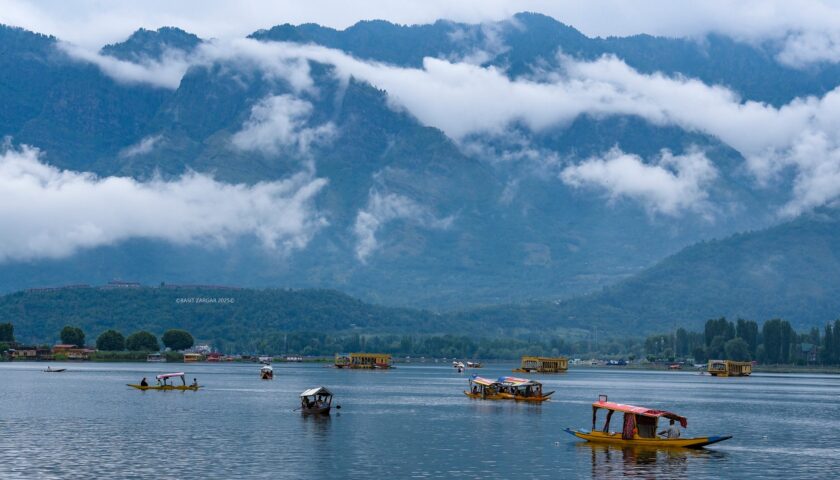Shafaq Shah
The suspension of phone and internet services in Kashmir has prompted many people to take recourse to hand-written letters for communication.
Shazia, a mother of two, wrote a letter to her aunt Rafiqa who lives in Aaribagh (Kanipora) to send her some milk for her one-and-a-half-year-old son. The milkman has not been able to come to Shazia’s place for the last fortnight and the milk her grandmother had sent lasted for just about a week.
Shazia, who lives in the curfew-bound area of Naik Bagh (Natipora) sent the letter through one her acquaintances who was going to Kanipora to get some vegetables.
It’s been 15 days since the government imposed curfew across the valley to quell the protests triggered by the killing of Hizbul Mujahideen commander, Burhan Wani. People have been facing hard time to get baby food, milk, vegetables and other basic necessities of life. The communication blockade has only added to their miseries.
“Since Eid I have not spoken to my neice. And with this sudden communication breakdown we lost touch with them altogether,” says Rafiqa.
When Rafiqa and her daughter read the letter from Shazia, they didn’t know how to react. They laughed and also felt bad about Shazia.
“This look ancient, no one sends letters now, which is the reason we laughed. But then immediately we realized Shazia’s problem,” says Rafiqa.
“There were some sentences which moistened my eyes like ‘please chotey kai liye doodh chahiye. Hum apne liye Khyber latey hai. Sirf chotey kai liyai doodh dai do’. The government has left us in a situation where a mother doesn’t know about her daughter and the daughter doesn’t know about her husband,” she adds.
On Friday, human rights organization, Amnesty International condemned the suspension of phone and internet services in Kashmir, saying that it is “enabling a range of human rights violations”.
Since July 9, when widespread protests broke out in the valley following the killing of Hizbul Mujahideen commander, private landline, mobile and internet service providers suspended their services on orders from state authorities. Only services provided by the state-run telecommunications company, BSNL, are functional in many areas.
One order issued by the Jammu and Kashmir police referred to some of the restrictions as a “preventive measure to avoid any law and order problems and passing of rumours by miscreants/anti national elements”.
In a statement, Senior Campaigner at Amnesty International India, Zahoor Wani said: “Blanket and indefinite suspensions of telecommunications services do not meet international human rights standards. These shutdowns affect the ability of phone and internet users in Kashmir to seek, receive, and impart information, which is an integral part of the right to freedom of expression. The restrictions on access to telephones, in particular, jeopardize a range of other human rights as well, including the right to life.”
Some people have said that they have been unable to reach out to friends and relatives to tell them that they are safe, following clashes between protestors and forces, further increasing tensions and feelings of insecurity.
Amnesty International has demanded that state government must immediately lift the on mobile and internet services imposed in the valley.



